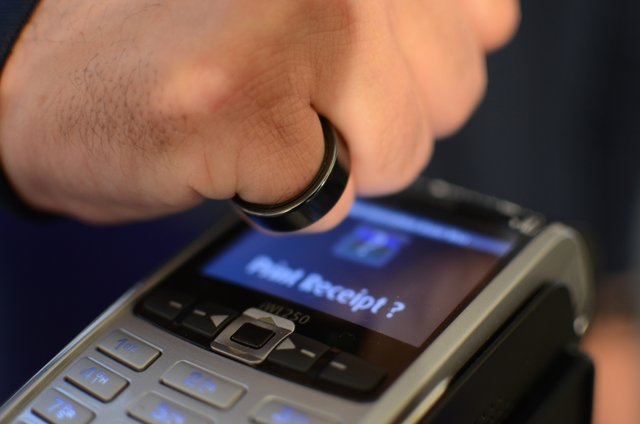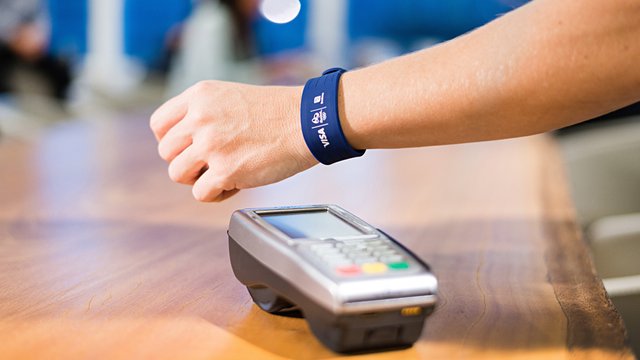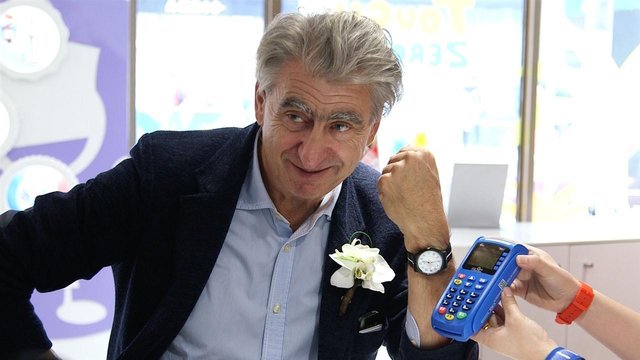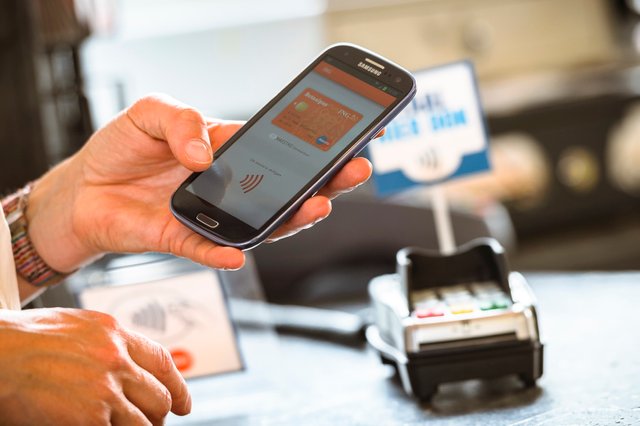How to pay at the Olympics in Rio?
Olympics - one of the most important sporting event that unites the country and the entire continent. 4 years from the date of the last Summer Games, athletes and fans are preparing for the new competition. His surprises prepared and billing companies.
Every year, Rio de Janeiro visited more than 1.6 million foreign tourists, it is the most visited city in Brazil. And this year the southern continent for the first time holding the Olympics. On the game sold 7.5 million tickets. Participation in the organization of sports activities take about 70 thousand. Volunteers and in the fight for medals in total, will take about 10.5 thousand. Athletes. Even without the "ticketless" tourists who have already visited Rio or just going to do it, the figure is impressive, and we can confidently say that the Olympics - a test not only for athletes but also for the payment network in Brazil.
Until this year, the main payment instruments at the Olympic Games had cash and bank cards. This year's range of payment instruments has expanded considerably. Thus, in early June, Visa introduced the ring for contactless payments. Ring received 45 athletes - participants of the "Team Visa» - an international group of athletes who share views on Visa partnership and innovation.
To the device, you can bind the card Visa, and pay - at any point of sale terminal equipped to receive NFC-payments. Payment is made through the use of built-in chip from Gemalto. Payments will be encrypted using tokenization technology. Ring unpretentious enough to use, it does not require batteries or charging, it need not be removed in the shower, because the device is immune to water and even withstand immersion to a depth of 50 meters.

For the rest of the guests and participants of the Olympic Games in Rio Visa together with Bradesco prepared NFC-bracelets for contactless payments. Wearable payment device has been called Pulseira Bradesco Visa. The operating principle of the bracelet is no different from the principle of operation of other devices for contactless payment - you just hold it to the terminal receiving NFC-payments (by the way, Brazil has more than one million electronic readers NFC), and the required amount is deducted from your couple. If the purchase price is less than 50 Brazilian reals (US equivalent of $ 14.), Enter the PIN-to not be needed.

Pay for purchases with a bracelet in Rio can be on the territory of the Olympic Park, where it was established four thousand POS-terminals. Besides the bracelet holders will be able to keep track of your transaction history, view account balance, lock the device in case of loss or theft, as well as top up prepaid cards attached with a special application. According to preliminary data, during Olympics payments bracelet will use about 3 thousand. Man.
In partnership with payment by Visa is one of the world's largest manufacturer of Swatch watches also introduced the novelty - Swatch watch Bellamy is a contactless payment function. Release of hours in China started in the autumn of last year and early this summer accessory appeared in Switzerland. Thus, Swatch Bellamy became a third alternative to cash, prepared for the Olympics in Brazil with the participation of Visa.

In addition, guests of the Olympic Games this year can take advantage of a fingerprint reader from Visa, designed to speed up the calculations. To use this feature, users will need to register your payment information and send it to the company "sample print" pin. After that, you can make payments with one touch to the reading device, even without any special adaptation.
For those who are accustomed to the use of mobile payment applications and contactless payment cards, as no problems. As already noted, in the territory of the Olympic Park is set around 4000 POS-terminals which support contactless payments. Also, from a smartphone, you can pay the fare on public transport.

Of course, the traditional payment methods are also available to residents and visitors to Rio de Janeiro. This cash settlement (with a better have euros or dollars, then to easily exchange them into local currency - Reais), and payment by credit cards.